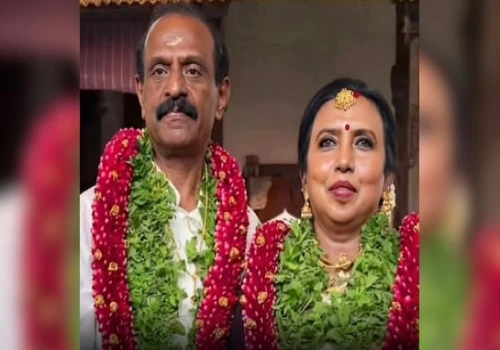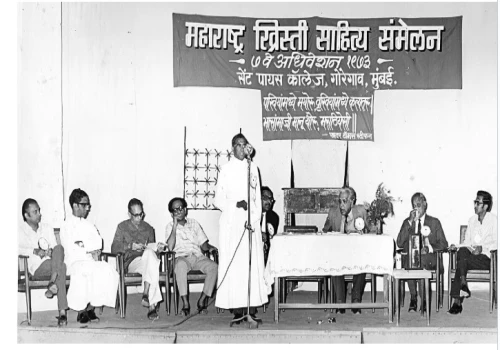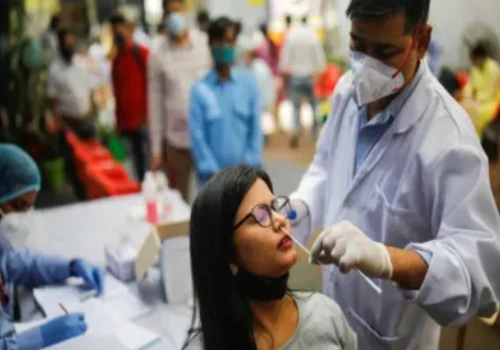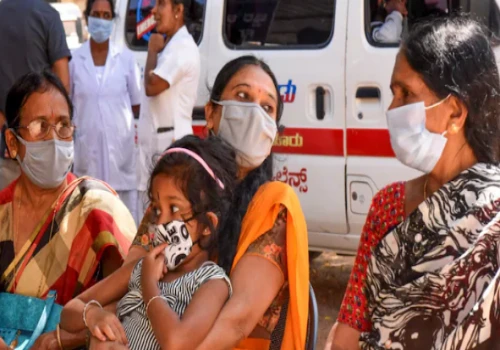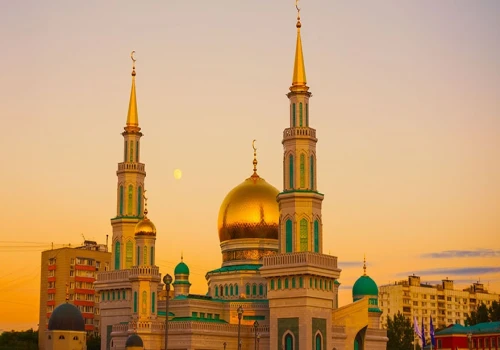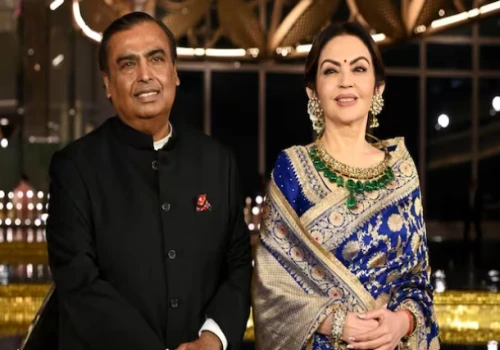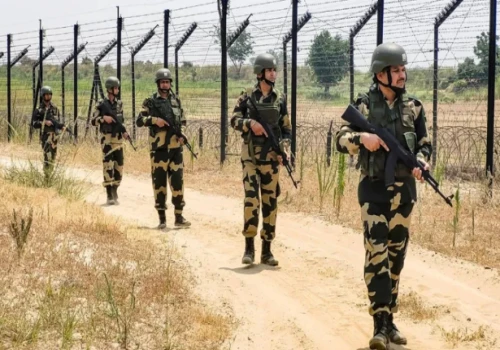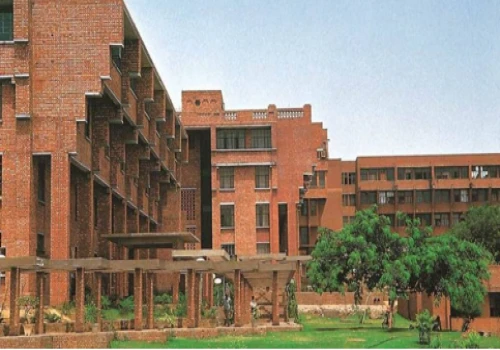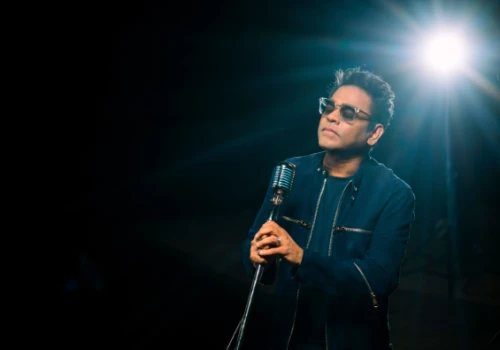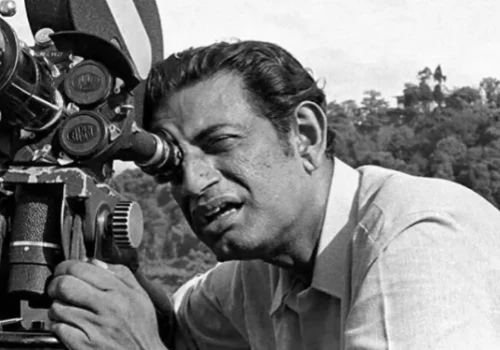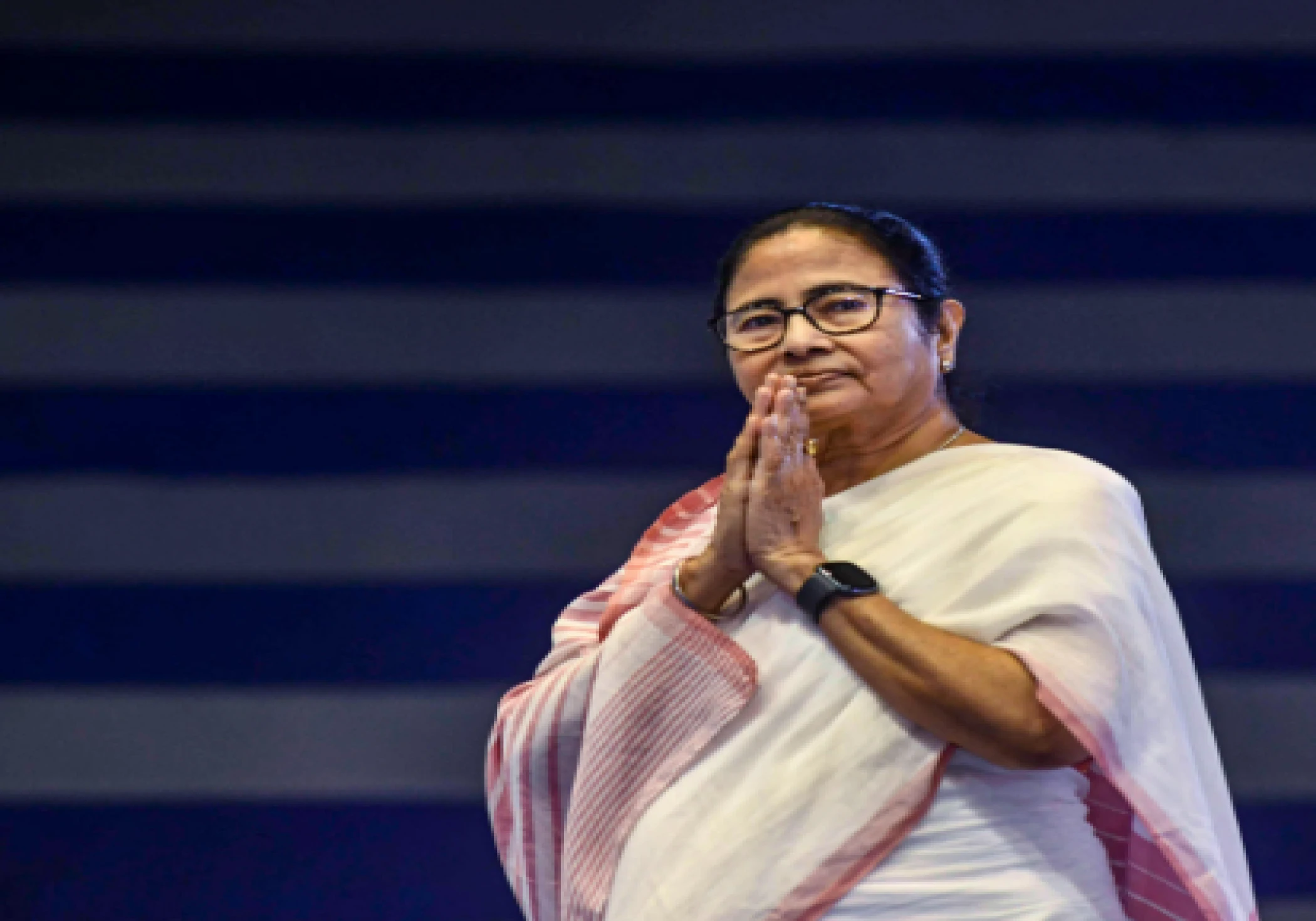
Mamata Banerjee, known as "Didi" (elder sister) by her supporters, is a giant of Indian politics. A torchbearer of guts and obstinacy, she has made herself immortal in the pages of time as the first-ever female Chief Minister of West Bengal, since holding the chair in 2011.
Early Life and Education
Born on 5 January 1955 in Kolkata (formerly Calcutta), West Bengal, Mamata Banerjee is from a humble lower-middle-class Bengali Brahmin family. Her father, Promileswar Banerjee, died in her early age, and the family struggled with economic hardship. Despite the adversity, Mamata showed early indications of leadership and toughness.
She did her higher secondary education from Deshbandhu Sishu Sikshalaya and went on to secure a Bachelor's degree in History from Jogamaya Devi College.She also studied for a Master's degree in Islamic History at the University of Calcutta and earned degrees in law and education.
Early Political Career (1984–2011)
Mamata Banerjee's rise in politics began in her college days when she joined the Congress Party. At 29, she made waves in 1984 by defeating veteran Communist leader Somnath Chatterjee of the Jadavpur constituency to become India's youngest parliamentarian. Her grassroots appeal and firebrand persona propelled her rapidly in the Congress ranks.
In the 1990s, disillusioned with Congress's toleration of the Communist Party of India (Marxist)-led Left Front in West Bengal, Mamata defected.She founded the All India Trinamool Congress (AITC or TMC) in 1998. She emerged as the chief opposition to the three-decade long Left Front government.
Chief Minister of West Bengal
Following years of relentless grassroots campaigning and mass mobilization, Mamata's TMC, in alliance with the Congress, won the 2011 West Bengal Legislative Assembly elections, ending 34 years of Left rule—the world's longest democratically elected Communist government.
As Chief Minister, she focused on development projects, social welfare schemes like "Kanyashree" for empowering girls, and rural infrastructure. In spite of facing acrimonious opposition, Mamata won consecutive elections in 2016 and 2021 and solidified her political hold even deeper.
Her party under her continued to try to establish its strength at the national level too, seeking to spread its influence beyond West Bengal.
Controversies and Criticism
The tenure of Mamata Banerjee as a government head has been marred with controversies. Opponents have blamed her for authoritarianism, the suppression of demonstrations, and so-called appeasement politics on the part of her government. Her quick temper, though valued by her staunch supporters, has often led to fiery arguments with opposition leaders and media.
Events such as managing the Saradha scam and maintaining law and order in the state have attracted criticism from all sides. However, she has always proved capable of riding out political storms.
Personal Life and Honours
Mamata Banerjee is unmarried and lives a very simple life, frequently going around in plain cotton sarees and chappals. Her personal life is minimalist in nature, which has enabled her to create a down-to-earth image among the masses.
Throughout her years of service, she has been credited for her service to politics and society, earning a spot among Time magazine's list of 100 most influential people several times.
Works in Literature and Other Areas
Apart from politics, Mamata is also a talented writer, poet, and painter. She has written many books in Bengali and English, as well as collections of poems. Her artworks have been put up for exhibitions and even auctions in order to fundraise for humanitarian causes.
Electoral History
From her initial victory in 1984 to her subsequent wins in state assembly elections (2011, 2016, 2021), Mamata's political life demonstrates tenacity and flexibility. Although she lost from Nandigram in the 2021 Assembly election, she was able to keep her position as the Chief Minister after winning a by-election from Bhabanipur constituency.
Legacy
Mamata Banerjee's rise from being a poor young woman in Kolkata to becoming one of India's most influential political leaders is an epic of sheer will and strength. Admire her or abhor her, "Didi" remains a force to be contended with in Indian politics, inspiring millions, especially women, to overcome adversity and fight for their place in power.

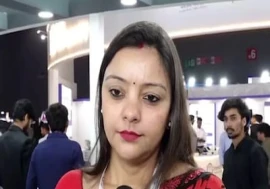
_270_x_189.webp)
